 I was having a Twitter discussion with a couple of writer buddies around contests and feedback. How it’s so helpful when judges give comments versus just filling out the scoresheet. And how do you interpret polarized comments from different judges? And finally, when people judge, sometimes they feel like they ended up giving a six page critique or red-lined the whole darn thing and maybe that was overkill.
I was having a Twitter discussion with a couple of writer buddies around contests and feedback. How it’s so helpful when judges give comments versus just filling out the scoresheet. And how do you interpret polarized comments from different judges? And finally, when people judge, sometimes they feel like they ended up giving a six page critique or red-lined the whole darn thing and maybe that was overkill.
I’ve had that happen plenty of times. I send out pages asking for a look at motivation or a look at overall plot and I’ve received the pages back with every line marked up — suggestions for replacements of all my word choices, fixing all my passive sentences. I always step back from those detailed line edits with a sense that I can’t see the forest for the trees. I rarely give such edits because of my philosophy that:
1) that level of editing is very personal and tied to Voice. Tell me that too many of my sentences are passive and it’s distracting or that you hear an echo of the word “that”. I appreciate that, but going through the extent of reworking my individual sentences and suggesting how I should rewrite them is rarely helpful to me because those sentences will all naturally disappear and get reworked in the next revision.
2) That level of detail is only helpful at the very, very end of revisions when you’re spit polishing and only for an advanced writer who knows what to throw out. For a beginner writer who is trying to take all your advice, I feel this can be very destructive to their development.
Not to say I don’t always get something from a deluge of revision notes, broad to the nit-picky. But I feel that it’s easy to confuse a writer with such a critique. First, they may simply cry. Or freeze up like a deer in the headlights. They may become so lost about what to tackle first that the critique becomes counter-productive.
This is where teaching philosophy comes in. Or in this case, critiquing philosophy. Everyone has one deep down — even if you haven’t stated it yet. And no one’s philosophy is superior to anyone else’s. The philosophy just grounds you, as the critiquer, and gives you a reference point for making your decisions on what feedback to give and how to give it.
Ha! If I haven’t lost you yet, let me bring up Vygotsky and the Zone of Proximal development.
I threw that in there because it’s a five dollar phrase and I spent a lot of money for my Education degree to learn that Soviet dude’s name. It’s just the idea that students learn best when you gauge where they are and then give them proper scaffolding and guidance to get to the next level. Then they master that level until they can do it independently.
Trying to teach beyond that zone without addressing the gap causes frustration, increases the affective filter ($5 dollar phrase meaning you’re too keyed up/frightened/embarrassed/emotional to learn) and ultimately results in failure for the student. On the flip side, teach below the Zone and the student fails to learn or grow. The lesson is too easy.
So when I critique and when I comment as a contest judge, I’m aiming for the Zone of Proximal Development. The place where the maximum and most effective learning can occur. Based on the writing, find where the writer is “at”. Then identify what bit of writerly advice will most likely boost them to the next level. Push them to one notch beyond where they are.
Sometimes the writing is very solid, but the characters are flat. So I concentrate my comments on characterization.
Sometimes the writing sparkles, but the scenes don’t have a good build of tension, not enough highs and lows. So I’ll comment on that.
Sometimes the writing is very, very beginner. That’s tougher. Is the maximum benefit then to concentrate on sentence structure and grammar? Or on structural issues such as motivation, conflict, etc. I have to insert another philosophy there. I believe writing only smooths out with more writing and explicit instruction, i.e. telling someone how to write, doesn’t necessarily help a beginning writer. So yes, I may give a couple pointers about sentence structure, but I’ll stick to the global issues.
But what about all the other issues? All the other things that are wrong? Can you just ignore them? I can and I do. They’ll all work themselves out in the next zone or with practice and self-discovery.
This is why I always qualify when I critique that I don’t do line edits for people. Mainly because you don’t want me doing line edits. I find it hard to critique people at that level of detail without inserting too many of my Voice biases which I know are exactly that, my biases. Plus I suck at reading for that level of detail. I like to admire the forest. From there, I can see if a part of it looks a little barren.
So, what do you think? What’s your critiquing philosophy?
P.S. Any educational folks, if I’ve mangled Vygotsky and oversimplified, I truly apologize.



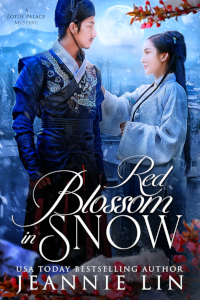
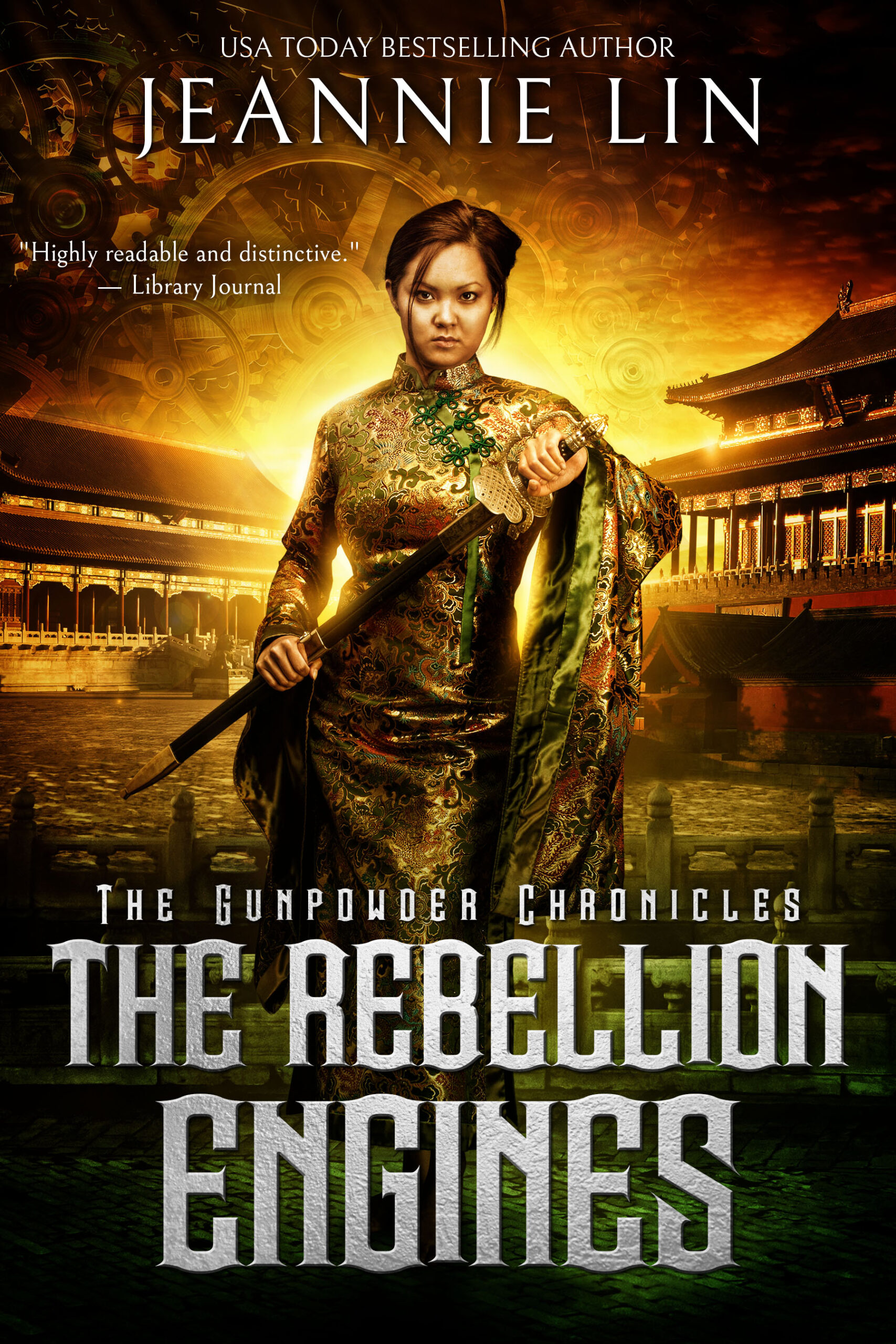

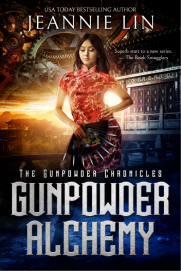
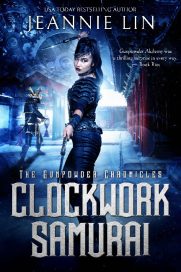
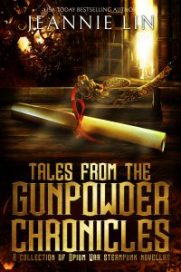
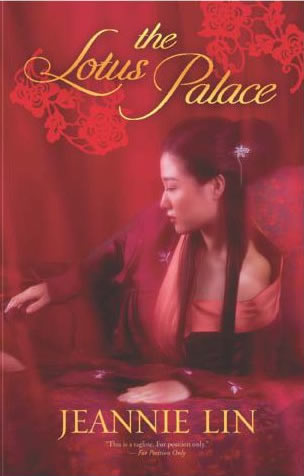
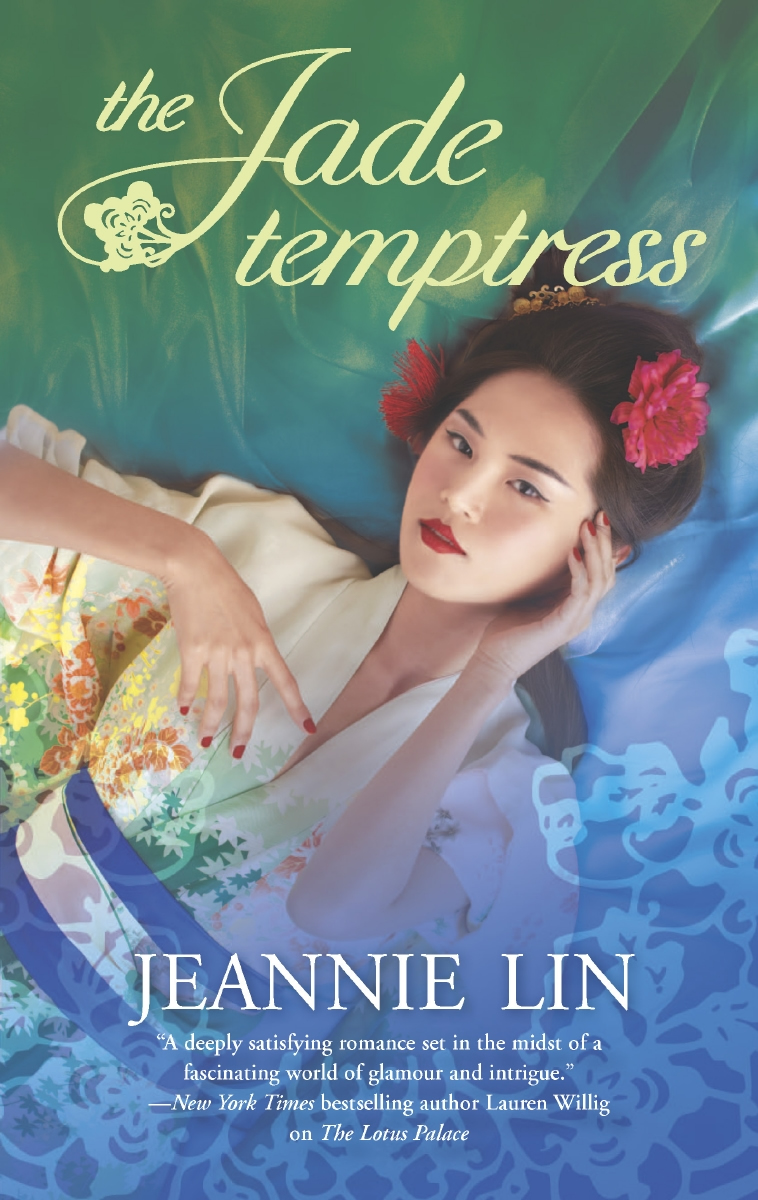
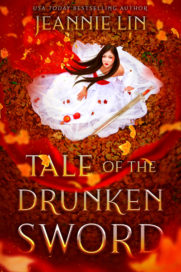


Tweets that mention Jeannie Lin | Award-winning historical romance author -- Topsy.com
Aug 09, 2010 @ 06:05:00
[…] This post was mentioned on Twitter by Lynette Curtis, Jeannie Lin. Jeannie Lin said: Late night twitter discussions on contest comments made me think about critiquing philosophy. http://tinyurl.com/2byquso <-corrected link […]
Aug 09, 2010 @ 07:27:40
I agree! I try to give thoughts instead of line-by-line, though that may be more because I’m lazy and hardly a master of writing myself. I only break that rule when I can’t explain myself any other way.
What really makes me reluctant to critique are those who are too beginner, because I would have to spend more time than I have explaining basics. I haven’t really run across that in writing since that is still relatively new to me, but in terms of art, I’ve seen new artists posting their work on forums and asking advice, all wide-eyed and eager. And all I could possibly say is “come back in 4-5 years”, so I end up not saying anything at all because something so blunt would probably hurt them more than help. =(
Aug 09, 2010 @ 09:20:23
What an awesome post. I am frequently guilty of the line edit critique – as I’m sure you’re aware! I really have to work at backing off of that level of detail. It’s not that I’m incapable of taking in the forest; I tend to see the trees first. It’s a failing and one I struggle with.
Ironically, I’m able to do this best when I’m reading the real newbie writer. When I see just how fresh they are, I remember how little the line edit solution helped me at that stage and I’m able to draw back. I probably have problems at the other stages of writing because I did a lot of line editing throughout all of my revisions, which is why the last book took so flipping long to write. (Ouch on the personal revelation there!)
Aug 09, 2010 @ 10:09:13
Rita – Commenting on beginners is what I think some of the writers were concerned with. They felt they were plastering the manuscript with red ink, but they weren’t sure if it was useful. I think it’s hard to gauge what would be useful. We can only try our best and if the writer was meant to be, they’ll slog through it.
Victoria – It’s not so much line edits that I think get in the way, it’s when there’s so many comments that the writer gets inundated. I also will specifically line edit when trying to show a point — or when the manuscript is “there” and it’s ready for the final polish and the person has asked for that sort of feedback.
Now my major weakness is I never catch the little details. I gloss over small errors in my own writing as well as others. As a result, I always get dinged for mechanics. No matter how many times I read through my own work, I still don’t catch everything!
Aug 09, 2010 @ 10:28:10
I have a difficult time doing line editing. I do broader things, similar to how you critique–things like characterization, plot plausiblilty/continuity, etc. I still don’t catch everything and I’m still learning to be a good critiquer, even after nearly three years in my crit group.
We have a broad range of critquers in my group too and I have to admit, I get a little frustrated when one member comes back or only focuses on grammatical issues. I think it’s important but then sometimes I get frustrated thinking that all they saw was the grammar problems and I wonder if my story couldn’t even be read at all because of it.
Even though I was an English major, I still have problems with mechanics too–I think it’s a different part of the brain or something.
Aug 09, 2010 @ 10:38:20
Dara – I welcome grammar gals, because I’m so bad at it. I also wonder sometimes if they couldn’t get into the story because my grammar was so distracting, but then you have to go back to the idea of critiquing philosophy. Some critiquers don’t believe in trying to alter someone’s story structure so they’ll edit issues with the writing itself. It’s not a bad thing.
Aug 10, 2010 @ 09:48:36
I think the trap that critiquers fall into when they do the line-by-line critiques is that they are also uber-focused on “the rules”. The ones that say the word “that” is a junk word, and that all forms of “to be” must be banished. This kind of thing could be helpful, if its merited. If the person’s story is solid, their characters are interesting, but they just need to work on the grammar. But frequently, it’s the lazy approach to critique/judging. I’ve gotten contest “feedback” that amounts to a report of the number of times I used the word “that” or “is” in the chapter, without the reviewer actually reading each instance to see if it *worked*. (There are places where those things are correct and necessary and constitute neither “junk” nor passivity).
From my own experience, I think its much harder to give good feedback about *how* to fix a problem than it is to tell someone *what* they need to fix. Half the time, I can say “this worked for me” or “this didn’t” but I don’t know what the author could do differently, because I don’t have their whole story in my head.
As you’ve probably seen, my critiques sometimes end up being what I call “strange and picky”, where I point out metaphors in the writing that conjure up the wrong image for the reader, or awkward stage directions. There are plenty of things about character traits, setting, plot, etc that I’m willing to just go along with for quite a while before speaking up–usually I’m willing to wait far more than the 10-30 pages of critique/contest entry to start liking or understanding a character or really get a plot device. So even if I see a problem, I don’t step up and say anything, because I keep assuming that the problem will correct itself. Not sure if that makes me a better or worse critiquer 🙂
What I think works really well is to find several critiquers who all see different things. Some line editing, some characterization, some conflict, etc. And in learning to critique or judge, it helps to have seen lots of both good and bad judging/critiquing along the way, before you open your mouth (pen).
Aug 11, 2010 @ 07:24:50
Kristi – I totally agree with finding different CPs who will see different angles. And I find your critiques to be very helpful. You’re the continuity critiquer — pointing out if the narrative makes sense and what might stop the reader cold